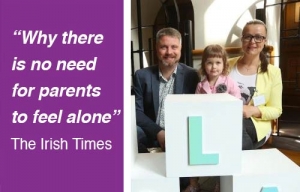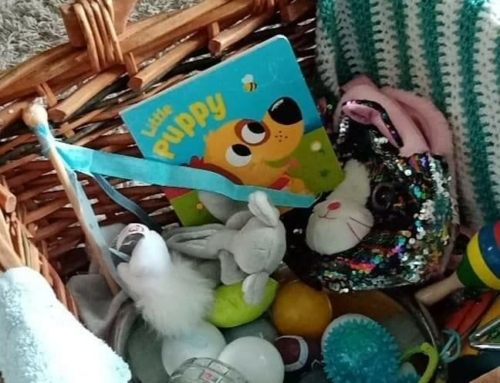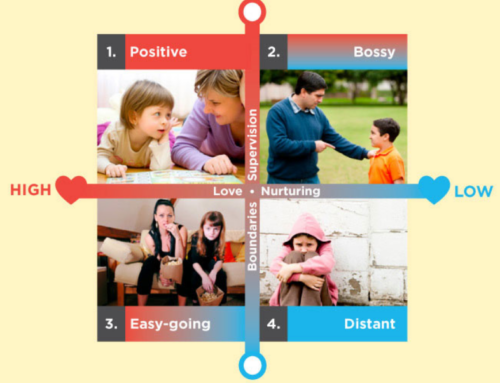For many of us we are spending lots (and lots) of time at home these days and somethings may push our buttons a little faster than normal. Fibs and lies can be such triggers. We can all picture the young child with chocolate all over their face denying that they ate the chocolate cake!! Another time they can tell you the most amazing whopper and you just don’t know what to say.
Depending on the age of your child the reasons for telling fibs or lying can be numerous. There are many examples including the following. Children pushing boundaries seeing how far they can get with it, to enhance their self-esteem by wanting to be seen in a certain light, or depending on the social skills of the child they will partake in what we refer to as ‘white lies’. White lies are those lies we tell others to spare their feelings – you know the one when we ask “Does my bum look big in this?” It’s the brave person who says “It does!”
Today I’m going to focus on the younger child as we look at this in issue 35 of our Growing Child publication. When our children start fibbing, as a parent we can sometimes become concerned. Really though it is not something to worry about. Think on how your children are on a day to day basis. One minute they are Batman or Dora the Explorer going off on an amazing journey around the sitting room! Before you do anything regarding a lie it may be an idea to decide if your child is (1) deliberately creating a fantasy or (2) trying to avoid a consequence/punishment for something they have done.
When your child is creating fantasy it is a healthy sign of intellectual development. When they are dressing up and putting on lipstick they’re playing mum. They may engage in fibs around what they have done in a manner that we would refer to as a ‘tall story’. As long as you and your child know when it’s time to stop, you can enjoy tall stories. By using language like “I think that’s a good story you’re telling me”. Or you could make up your own tall stories to see how silly they can become!
On a more serious note, for some children lies are told due to fear of punishment or a consequence. We as parents can prevent this sort of lying by asking ourselves (1) I am being too harsh that I’m making my child nervous to tell the truth – with punishments or consequences. And (2) this really made me think when my children were younger and actually is still relevant with the grown-ups in my life. Do you already know the truth about what happened before you question your child? If so, why did you ask your child a question you already knew the answer to?
In general it is much better to talk to your child with what you know to be the truth about the situation. I also think that asking a child ‘why’ they did something or ‘why’ they lied is very difficult. As an adult when we are asked ‘why’ we do something, we at times have difficulties in coming up with reasons. You can follow up with an age appropriate consequence for their actions. But please try to moderate, you don’t want to give rise to fear of the consequences which will only give rise to more lies.
So what to do if your child fibs a lot?
The first thing we all need to do in this case is check our own number of tall stories!! Remember children imitate our behaviour. Next let your child know that there is a reward for being truthful. You can do this by immediately rewarding your child for being truthful. Praise her for admitting she was fibbing and sparing consequences. Our children want our attention and it is up to us which behaviour we get. Rewarding good behaviour results with more good behaviour! We can apply the same principles to lies and truth.
Occasionally, there are children who seem unable to tell the difference between fantasy and reality, to such an extent that it becomes worrying for parents. If this is something that worries you, talk to your doctor or health visitor, and they will help you decide what to do.







